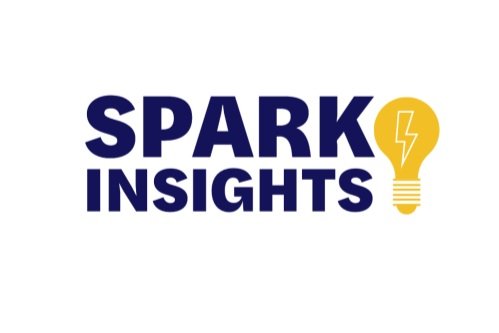Research: Exploring Barriers to Funding and Support Experiences by Marginalised Community Business
“The research contributed to Power to Change’s organisational culture and an understanding that diversity, equity and inclusion are critical to the organisation’s work. Spark Insights’ recommendations made it clear that being an organisation of well-intentioned, socially-conscious professionals working for social good does not make us immune to systemic or institutional bias. As a result of the recommendations, we have changed some of our internal and application processes.
This work has formed a foundational part of Power to Change’s approach to supporting the community business sector. The hope is that the long-term impact will be the continuation of challenging practices and processes that contribute to marginalisation. Power to Change also hopes this research will contribute, in part, to a change in the grants and foundation sector more broadly.”
Overview
In 2022, Power to Change commissioned Spark Insights and Locality to research the lived experiences of community businesses and organisations led by and/or supporting people experiencing marginalisation. The research explored their barriers to accessing funding and support, as well as their preferences and potential solutions.
Power to Change is an independent social change organisation. They believe that community businesses strengthen local communities. They work to dismantle barriers, unlock funding, amplify what works, and make the case for change in order to to shape the conditions for community business to thrive. This research explored the impact of marginalisation on their experiences of community businesses.
The Challenge
Power to Change's particular challenge was addressing how to make funding and support more equitable and accessible to community businesses and organisations led by and/or supporting people experiencing marginalisation. They wanted an external organisation with lived experience and understanding of the community business sector to help challenge their perspectives and internal processes.
The Spark Insights team have lived experiences of various types of marginalisation. Alongside being a community business led by and serving racialised people, the team has also experienced navigating and funding and support.
The Research Approach
Stage One - Evidence review: Spark Insights collaborated with Locality to conduct a robust evidence review. This was to ensure there was a deeper understanding of the existing evidence, and to establish the key goals for the research approach.
Step Two - Engaging primary audiences: There were two key audiences for the research fieldwork: firstly, community businesses and organisations with lived experience of marginalisation, and secondly funders, capacity builders and infrastructure organisations working in the community business sector. This two-pronged approach was essential to understanding both the experiences of those seeking funding and support, as well as the experiences of those providing it. This enabled the development of insights and recommendations that were informed those seeking funding and support (community businesses and organisations) as well as those delivering it (funding and infrastructure organisations).
Step Three - Fieldwork and analysis: Spark Insights engaged 27 community businesses and 10 funding/infrastructure organisations to take part in the research. A range of tailored approaches were used to undertake the research, including one-on-one interviews, roundtables and participatory exercises. A thematic analysis was conducted in order to establish insights and recommendations and develop the research report.
Step Four - Convening stakeholders to share learnings: A key priority was to share the learnings and recommendations with funding and capacity building stakeholders (including both internal Power to Change staff, as well as external stakeholders). Spark Insights played an integral role in convening stakeholder and creating a collaborative learning space. Insights from the research were shared through internal learning sessions, a webinar and a blog series.
The Impact
As a result of the recommendations, Power to Change have changed some of their internal and application processes.
The learnings from the report have also been shared with the wider sector. Full Report.
Client Testimonial
“The research contributed to Power to Change’s organisational culture and an understanding that diversity, equity and inclusion are critical to the organisation’s work. Spark Insights’ recommendations made it clear that being an organisation of well-intentioned, socially-conscious professionals working for social good does not make us immune to systemic or institutional bias. As a result of the recommendations, we have changed some of our internal and application processes.
This work has formed a foundational part of Power to Change’s approach to supporting the community business sector. The hope is that the long-term impact will be the continuation of challenging practices and processes that contribute to marginalisation. Power to Change also hopes this research will contribute, in part, to a change in the grants and foundation sector more broadly.”
— Rachael Dufour, Impact and Learning Officer, Power to Change


